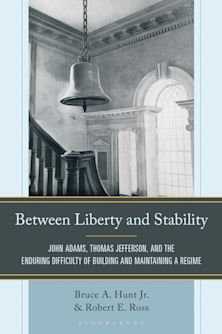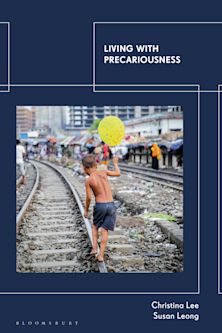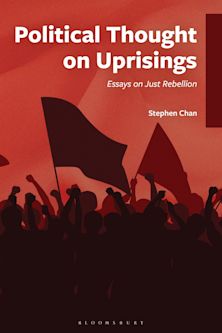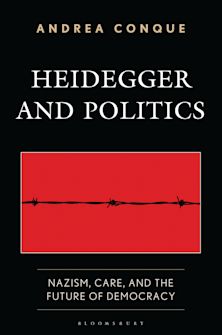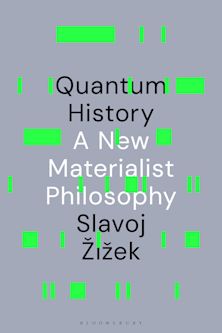- Home
- ACADEMIC
- Politics & International Relations
- Political Theory and Philosophy
- The Ecology of Money
You must sign in to add this item to your wishlist. Please sign in or create an account
Description
Modern economies must "grow" because money borrowed for investment can be repaid only by expanding production and consumption to meet the burden of usurious rates of interest.
The roots of this dynamic between debt and growth lay in the financial revolution of the late seventeenth and early eighteenth centuries in Britain which established a new usurious monetary system.
For the first time in history credit was made widely available, but only on condition of an exponentially increasing debt burden. To pay back debts production had to increase correspondingly, leading to the industrial revolution, economic "growth", and modernity itself.
Though private creditors gained a monopoly over the creation of credit, and were disproportionately enriched, the resulting economic growth for a time was great enough to benefit most debtors as well as creditors, ensuring widespread prosperity.
That is no longer the case. With today's eco-crisis we have reached the limits of growth. We no longer have the natural resources to grow fast enough to pay our debts. This is the real root of our current financial crisis.
If we are to live sustainably, our system of money and credit must be transformed. We need a non-usurious monetary system appropriate to a steady-state economy, with capital broadly distributed at non-usurious rates of interest.
Such a system was developed by an early nineteenth century American thinker, Edward Kellogg, and is explored here in depth. His work inspired the populist movement and remains more relevant than ever as a viable alternative to the a financial system we can no longer afford.
Table of Contents
Chapter Two: Equal and Unequal Exchanges
Chapter Three: The Commercial Revolution
Chapter Four: The Financial Revolution
Chapter Five: The Industrial Revolution
Chapter Six: Natural and Unnatural Interest
Chapter Seven: The Peoples’ Money
Chapter Eight: Understanding Money
Bibliography
Product details
| Published | May 16 2013 |
|---|---|
| Format | Ebook (Epub & Mobi) |
| Edition | 1st |
| Extent | 152 |
| ISBN | 9780739177181 |
| Imprint | Lexington Books |
| Publisher | Bloomsbury Publishing |
About the contributors
Reviews
-
Money makes the world go round, and yet remains a mystifying topic for most. Fortunately, Adrian Kuzminski's new and authoritative book clears up our cultural confusion about money and explains how our economic and ecological lives are deeply intertwined. Read this book–our planet's future may depend on it.
Rob Williams, publisher of Vermont Independent: Resistance and Resilience
-
We've got three intertwined problems of increasing wealth inequality, a stagnant labor market, and fraying ecological fabric. If we're going to get a handle on them, we need to rethink how our credit system works. Kuzminski provides a provocative history of how we got the system we have, and an interesting look at an alternative we might consider.
Karl Seeley, professor of economics, Hartwick College













